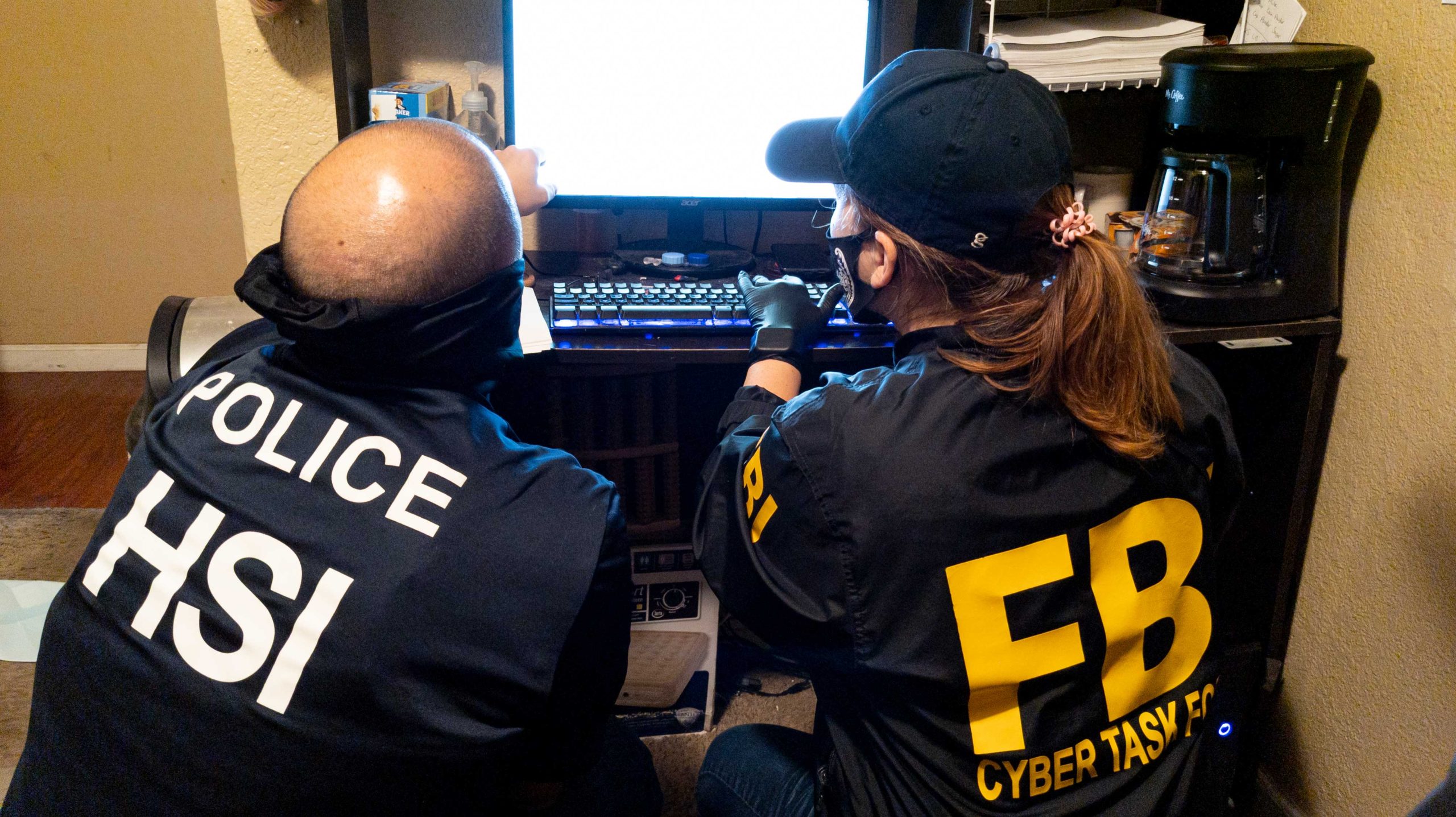
Insane Things FBI Agents Have To Do While Training
1. Academics

Image Source: Reddit
The Federal Bureau of Investigation, or FBI as it's commonly referred to, is the domestic intelligence and security service of the U.S. It is often depicted as one of the toughest careers to follow, but it can also be extremely rewarding as well. So, if you're interested in joining the FBI, or you're about to start your formal training, this list will give you some insight into what to expect within your training. One of the fundamental areas of training, is academics. This will include basic literacy and mathematics, as well as comprehensive skills (academics will make up a large chunk of your overall training).Advertisement
2. Firearms

Image Source: History
Another key area of your training will be the operation of firearms. These firearms will differ dependant on the situation, and you need to have the knowledge to operate and maintain every piece of equipment. This area of your training will show you how to safely operate a range of firearms, and the correct protocol you should use within a range of dangerous, fast-changing scenarios.Advertisement
3. Operational skills

Image Source: The National Interest
It is essential for every FBI agent to have strong operational skills, and this is another foundational element of your training. Operational skills refers to the knowledge you need when on active duty (being assigned to real-life cases). This will include what protocol to follow (dependent on the individual case), what specific units you may need at your disposal and the what methods you will use to diffuse any, and all, potential threats.Advertisement
4. Case exercises

Image Source: FBI
In order to build up your overall understanding and knowledge of how the FBI functions, and deals with different scenarios, you will study a range of case exercises. These particular exercises may be completely fictional, or partially based on past FBI cases. By studying and partaking in case exercises, you will be able to gain a much better understanding of the FBI's fundamentals and general operation.Advertisement
5. Physical training
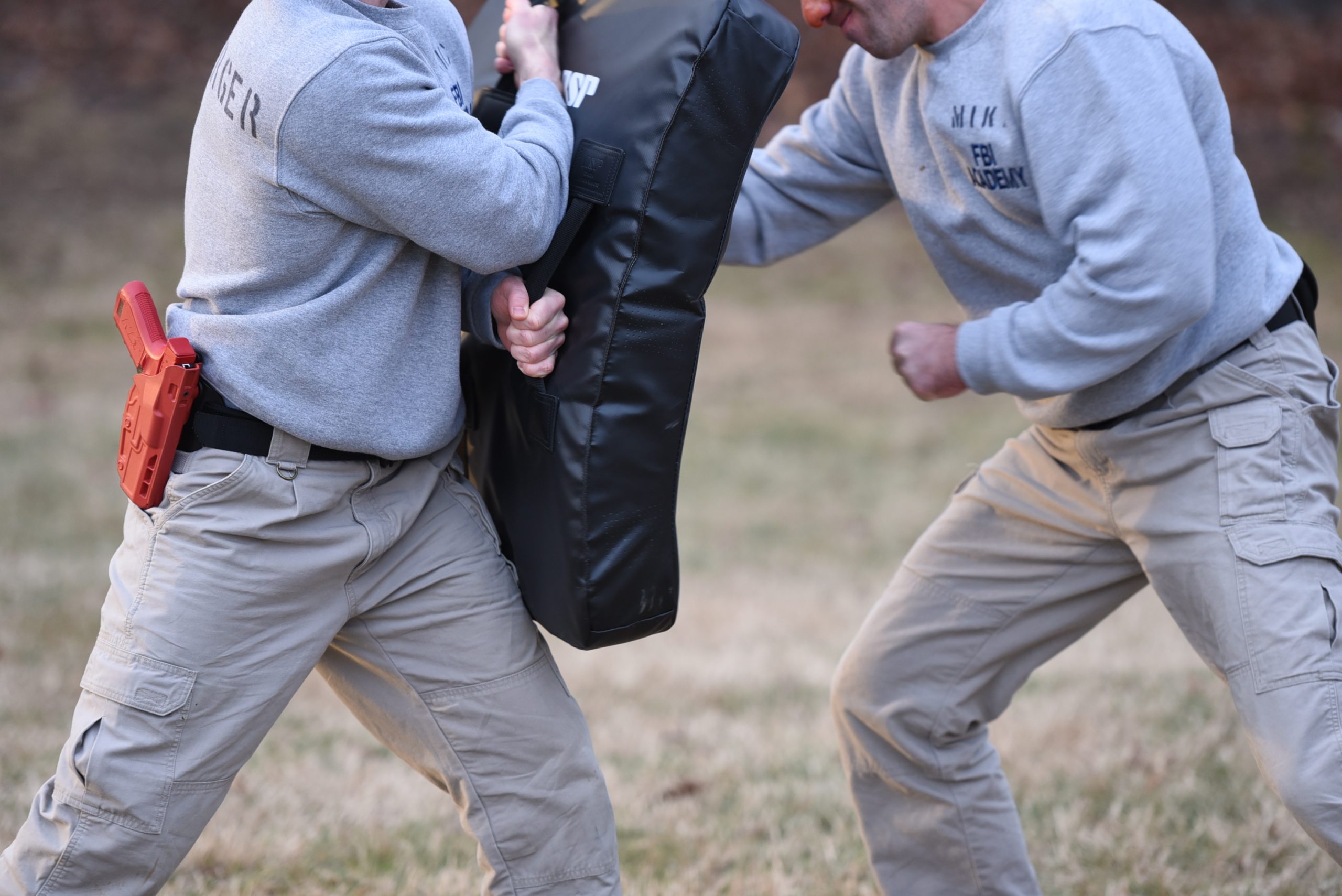
Image Source: FBI
Another huge part of FBI training, is the improvement and maintenance of your physical fitness. There are strict guidelines when it comes to an agent's physical fitness, especially if they're on active duty and are being assigned to certain cases. You need to be able to run, jump and crawl without being easily tired-out; and this has all got to be done whilst you're carrying dangerous equipment (and oftentimes wearing a bullet-proof vest and boots)!Advertisement
6. Meet set requirements

Image Source: Michael Moody Fitness
Before you even apply to join the FBI, there are some set requirements that you should be able to match. If you don't, there is a high chance that your application won't be given so much as a second glance. These requirements include, but aren't restricted to: being a US citizen between the ages of 23 and 36 (when applying), have a Bachelors Degree, possess a valid driving licence and meet the FBI's fitness requirements. Only by meeting these basic requirements, will you be able to apply.Advertisement
7. Complete three years of work experience

Image Source: FBI
Another key requirement before you apply, is to have completed at least three years of work experience. This work experience doesn't have to be relevant to the FBI, it just shows the people processing your application that you've had experience working within the 'real world'. The work experience can be from a range of employers, or one steady job (it doesn't matter too much, just as long as you've got some form of experience).Advertisement
8. Study a foreign language

Image Source: Dundee And Angus College
A great way of improving your chances of acceptance, is by studying at least one foreign language. By studying a foreign language, this showcases your ability to push yourself, and opens you up for more opportunities. Whilst working for the FBI, you'll more than likely have to deal with people that speak little-to-no English, and you may have studied their first language e.g. Spanish, Russian, French, Mandarin, Japanese etc. This will open you up for exciting roles within translation/interpreting!Advertisement
9. Have a valid driving licence

Image Source: Daily Mail
As mentioned previously, one of the key application requirements is to have a valid (US) driving licence. This is an important credential to have, as part of your training will include the operation of a variety of vehicles. Having a valid driving licence, also shows the processing team that you don't have any driving-related offences e.g. DUI's, speeding charges, grand theft auto etc.Advertisement
10. Pass basic knowledge exams

Image Source: Wikipedia
Another element to expect from your training, is: basic knowledge examinations. These exams will occur before and during your training, so your superiors can gauge your intelligence level, and gain a better understanding of how you're absorbing the overall training. These exams will fall under your academics training, and you will be taught according to the FBI's curriculum.Advertisement
11. Complete written/oral interviews
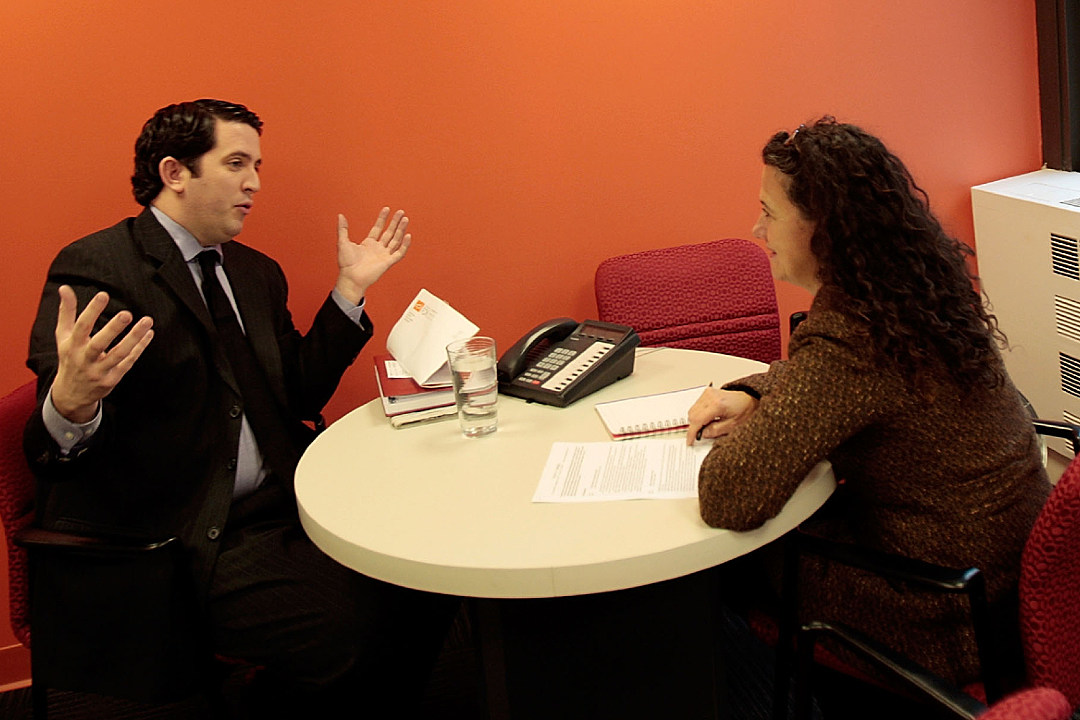
Image Source: PopCrush
Following the processing of your initial application, you will invited to a series of written and oral interviews. The written interviews will more than likely gauge your literacy skills, as well as your level of reading and comprehension. The oral exams will give you the chance to speak with the FBI's recruitment team, and give them an amazing first impression!Advertisement
12. Complete a polygraph test

Image Source: Vox
Another essential part of your application and training, is: undergoing a polygraph test. A polygraph test is commonly used by the FBI when interrogating/questioning suspects, and it can provide them with a more in-depth reading of an individual's potential weaknesses. During your polygraph test(s), you can expect to be asked questions regarding elements you included within your application, as well as general questions about your background etc.Advertisement
13. Have a medical examination

Image Source: Lecturio
To ensure you're in peak physical condition, you will have to undergo a medical examination. This will highlight any potential physical ailments that may prohibit your overall performance, and gives the recruitment team an idea of how well you will perform during your physical training. Medical examinations may occur during your training, and will be seen as periodic 'check-ups'.Advertisement
14. Move into the training academy

Image Source: Edison Academy
Following your initial application and acceptance into the training program, you will have to move into the training academy, which is located in Stafford County, Virginia. This is where you will live and work, alongside other recruits (these will be your future colleagues). You have to be prepared to put all of your time and energy into your training, as well as (potentially) moving cross-country to the training academy!Advertisement
15. Be willing to relocate

Image Source: Southern Belle In Training
This moves us onto the next essential part of training. You need to be willing to relocate to the training academy, and be able and willing to relocate during your time with the FBI. This means that you will often have to move to a completely new state and/or country (dependant on the case you're working on)! It is a great career, if you want to see the world and aren't afraid of constant and exciting changes.Advertisement
16. Choose a career specification
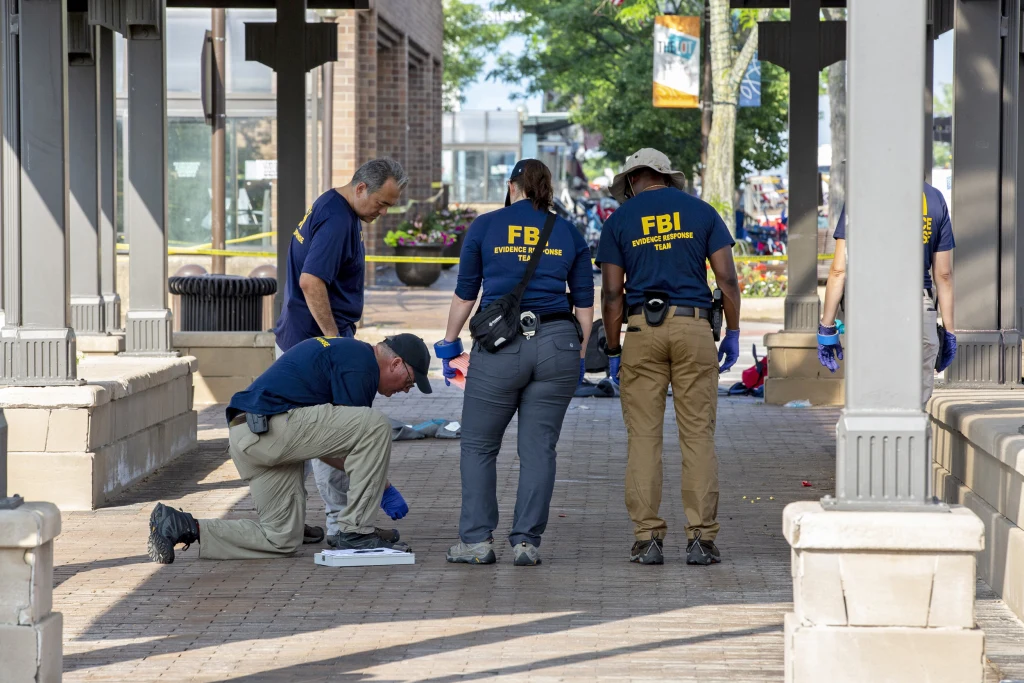
Image Source: NBC News
Once you are nearing the end of your training, you will be expected to choose a career specification to enter into. This means that you will be provided with a range of FBI branches to choose from, and you must decide which will be the most enriching for you, your strengths, knowledge and overall career goals. Throughout your training, you will get to experience different elements of each specification, so you'll have a good understanding of what to expect from each one.Advertisement
17. Live/work alongside colleagues

Image Source: Landmarc Solutions
When you move into the training academy, you will be expected to live within the dormitories provided, and live and work alongside the other recruits within the program. As mentioned previously, these recruits will be your future colleagues, so it is important that you try your best to socialize with them, and build up strong friendships. Training can be stressful, so its always good to have a solid support system of friends around you.Advertisement
18. Remain in law enforcement after graduation
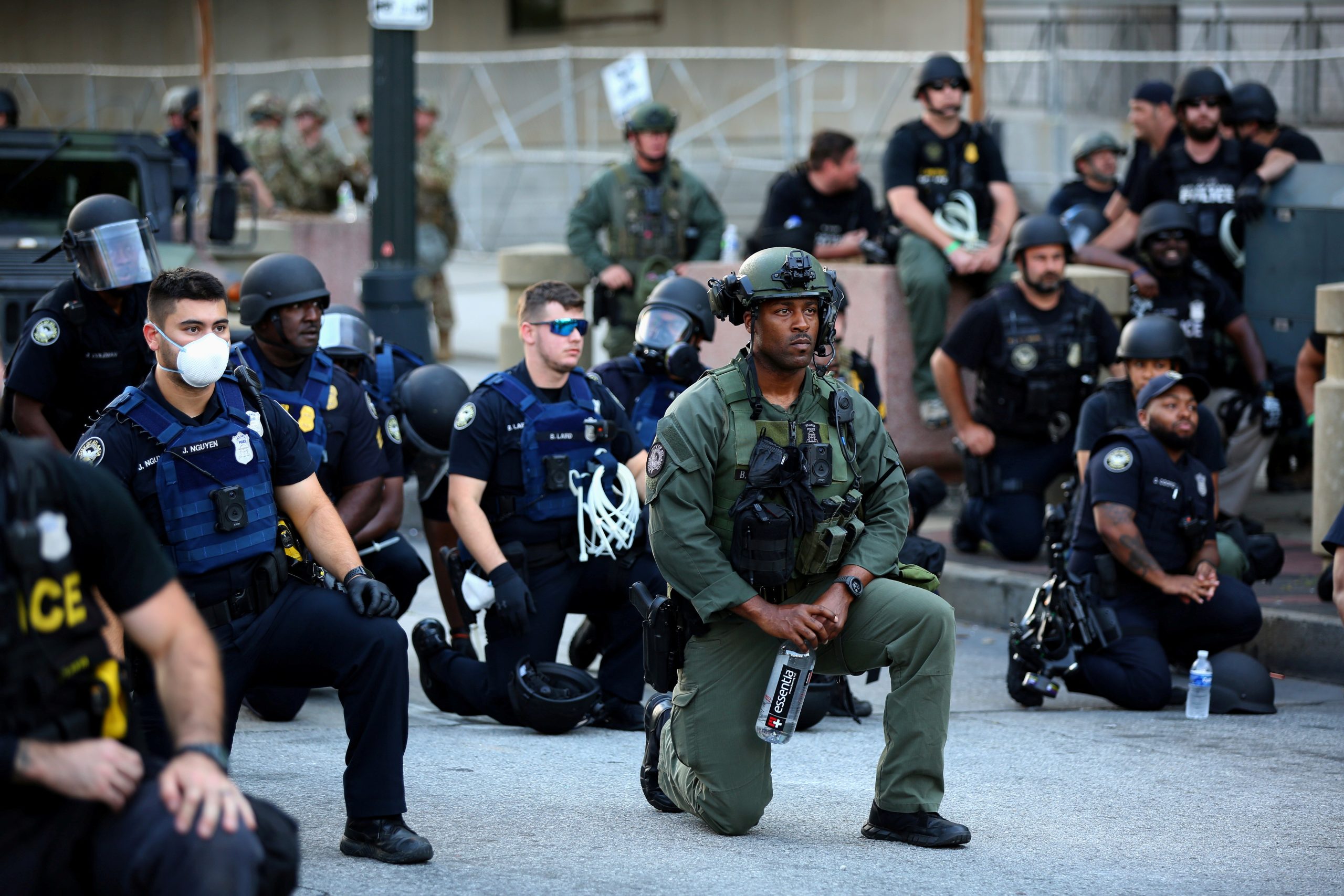
Image Source: America Magazine
After completing the training, and graduating from the course, you are actually required to stay within some form of law enforcement for at least one year after your graduation date. You can choose to stay within the FBI, or you can join another section of law enforcement and/or Taskforce. By staying within law enforcement, it will ensure that you use all of your newfound knowledge and skills within real cases, and will provide you with career longevity.Advertisement
19. Adhere to a strict schedule

Image Source: Reddit
As you can probably imagine, there is a strict schedule in place during your training that will run from the early hours, until you head to your dorm in the evening. You will be expected to adhere to this schedule, and failure to do so, can result in your exclusion from the training program. By sticking to this schedule, you will be able to show your colleagues and superiors that you're trustworthy, loyal and highly disciplined.Advertisement
20. Practice interrogation

Image Source: Reddit
Another key, foundational skill you can expect to be studying (and putting into practice) is: interrogation. Interrogation is staple method used by the FBI, to access important information from prime suspects, which can aid the progression of any case (no matter how big or small). It will be extremely important to learn the fundamentals of this method, and how to practice it safely and effectively!Advertisement
21. Adhere to strict regulations

Image Source: The Irish Sun
This next point links back to a couple of the others on this list, and that is: adhering to strict regulations. These regulations will be in reference to your living quarters, and how you present yourself during classes etc. Similarly to the other strict guidelines and regulations, you will be expected to adhere ton these throughout you time in the program, and may face complete dismissal if you fail to do so!Advertisement
22. Complete 21 weeks of training
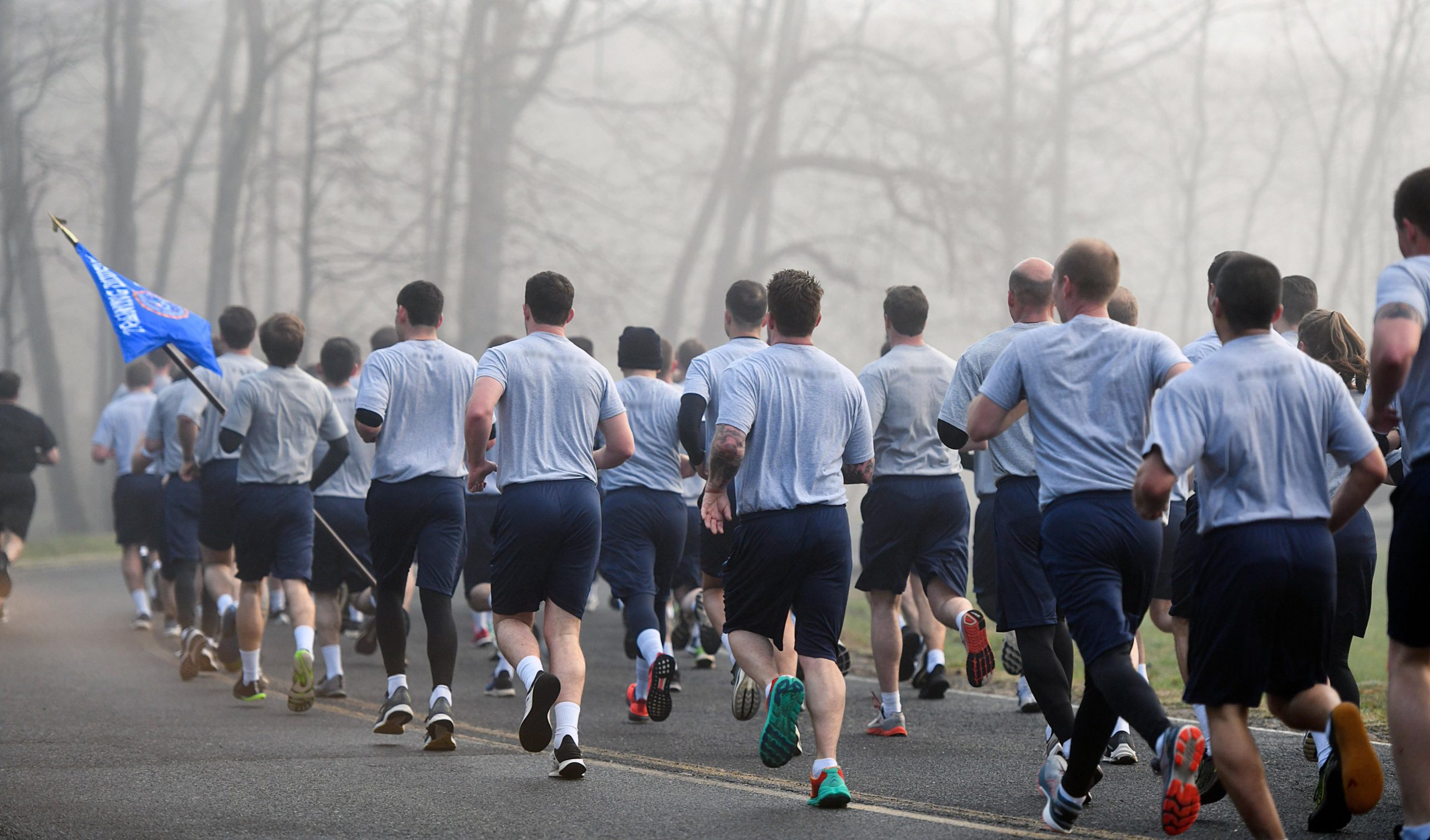
Image Source: Twitter
In terms of the training duration, you will be expected to successfully complete 21 weeks of training in total. This will also include the successful completion of any, and all, written/oral examinations and other testing e.g. physical and polygraph. You can expect for these 21 weeks to be intensive, stressful, but ultimately rewarding (providing you complete all necessary stages before graduation).Advertisement
23. Don't have any secrets

Image Source: Reddit
One thing that may come as a surprise to you, is the fact that FBI agents (when they're in training and full-time employment) shouldn't have any secrets! This means that you should be able to have full transparency with, and around, your colleagues and superiors. You have to fully disclose any information that is questioned by your superiors, and this should be maintained throughout your time with the FBI.Advertisement
24. Memorize acronyms

Image Source: Reddit
During your academic phase of training, you will be taught a plethora of acronyms specific to FBI operations. You will be expected to memorize all of these, and will be tested on your knowledge of how and when to use them. These acronyms will also appear within your written work, case exercises and day-to-day life at the academy. Once you enter the world of FBI work, you will need to have the ability to use the right acronyms within fast-paced, stressful environments, so be prepared!Advertisement
25. Prepare to deal with espionage
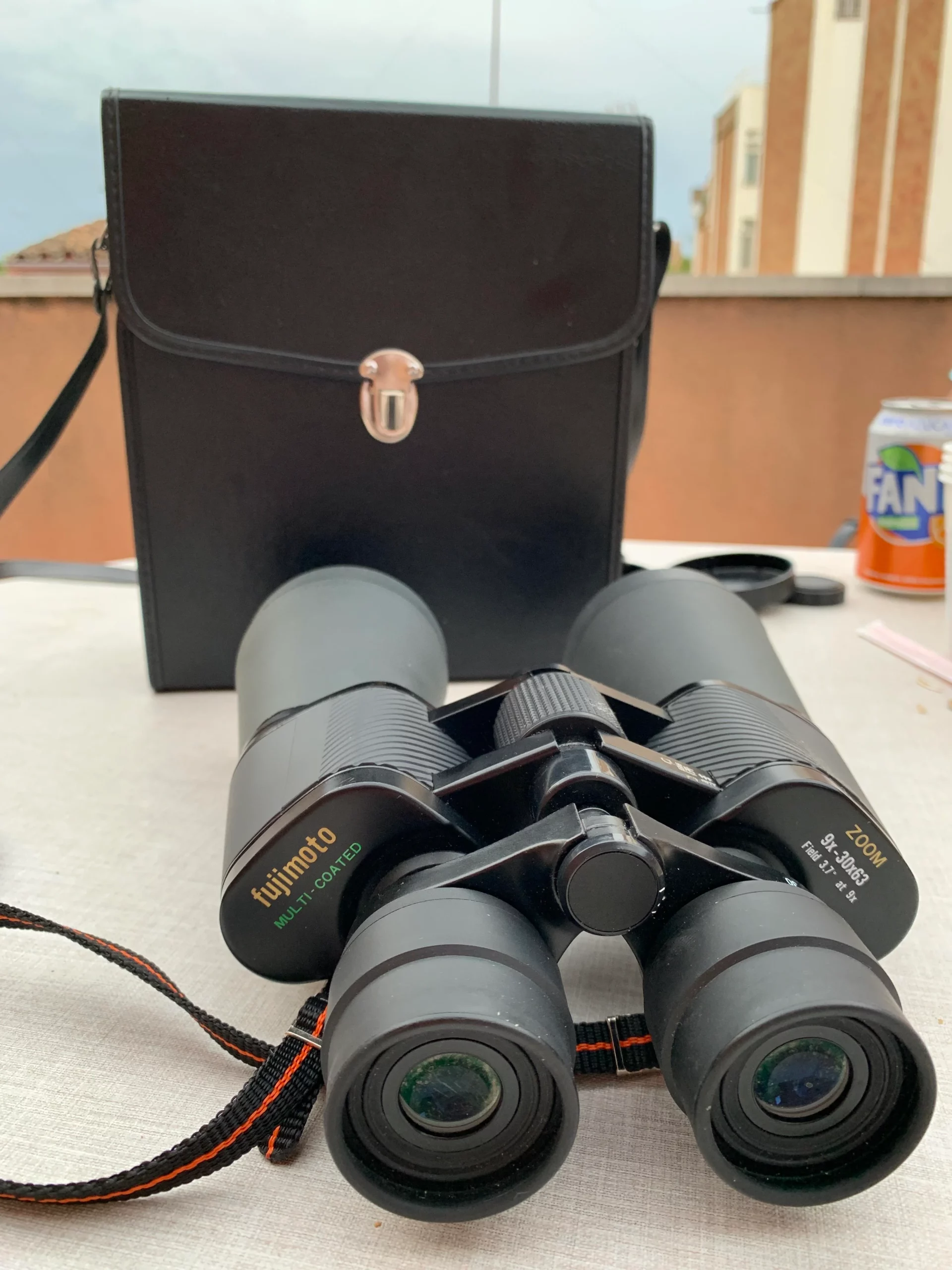
Image Source: Reddit
Espionage is the practice of using spies ('moles'/'rats') to infiltrate a company and/or government body, in order to gain access to (extremely sensitive) military and political information. During your training, you will be taught how to deal with potential espionage, and methods you can practice to prevent it from happening. Espionage is extremely dangerous, and can include anyone within government roles (this means your colleague may even be part of a complex espionage act)!Advertisement
26. Have limited contact with loved ones

Image Source: Toronto Star
Before heading into your training, you should be prepared to have limited contact with your loved ones, whether that's family, friends and/or romantic partners. This reduction in contact is due to the training's intensity, and the level of concentration and dedication needed for you to succeed during every phase. Of course, this will be difficult for the first couple of weeks, but once you get into the routine of training, you'll settle properly.Advertisement
27. Be prepared for V.R training

Image Source: Devpost
With the advancements in modern technology, and the widespread introduction and use of virtual reality (VR), you should be prepared to explore this within your training. To provide you with a more immersive experience, during certain phases of your training, you may be required to enter scenarios within virtual reality. This is most likely to happen when learning about operational skills, and studying case exercises.Advertisement
28. Tactical driving
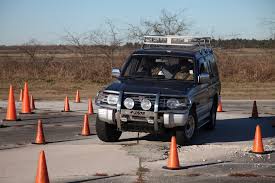
Image Source: DVIDS
Another exciting element of your training, will be tactical driving (hence the need for a valid US driving licence). Tactical driving involves the operation of different vehicles, where difficult obstacles are involved e.g. pedestrians, other (parked) vehicles, buildings, different terrains etc. This training will prepare you for the likely situation of a high-speed pursuit, where you need to efficiently and safely run-down criminals.Advertisement
29. Live/work in stressful conditions

Image Source: Reddit
As you'll be living and working within close quarters to your fellow recruits, you should be prepared to deal with stress from every element of your training. It is best, if you have methods of dealing with stress effectively in place, as this will prevent emotional overload and general burnout. It will also improve your time-management, sleep and mental/physical well-being.Advertisement
30. Undergo multiple background checks
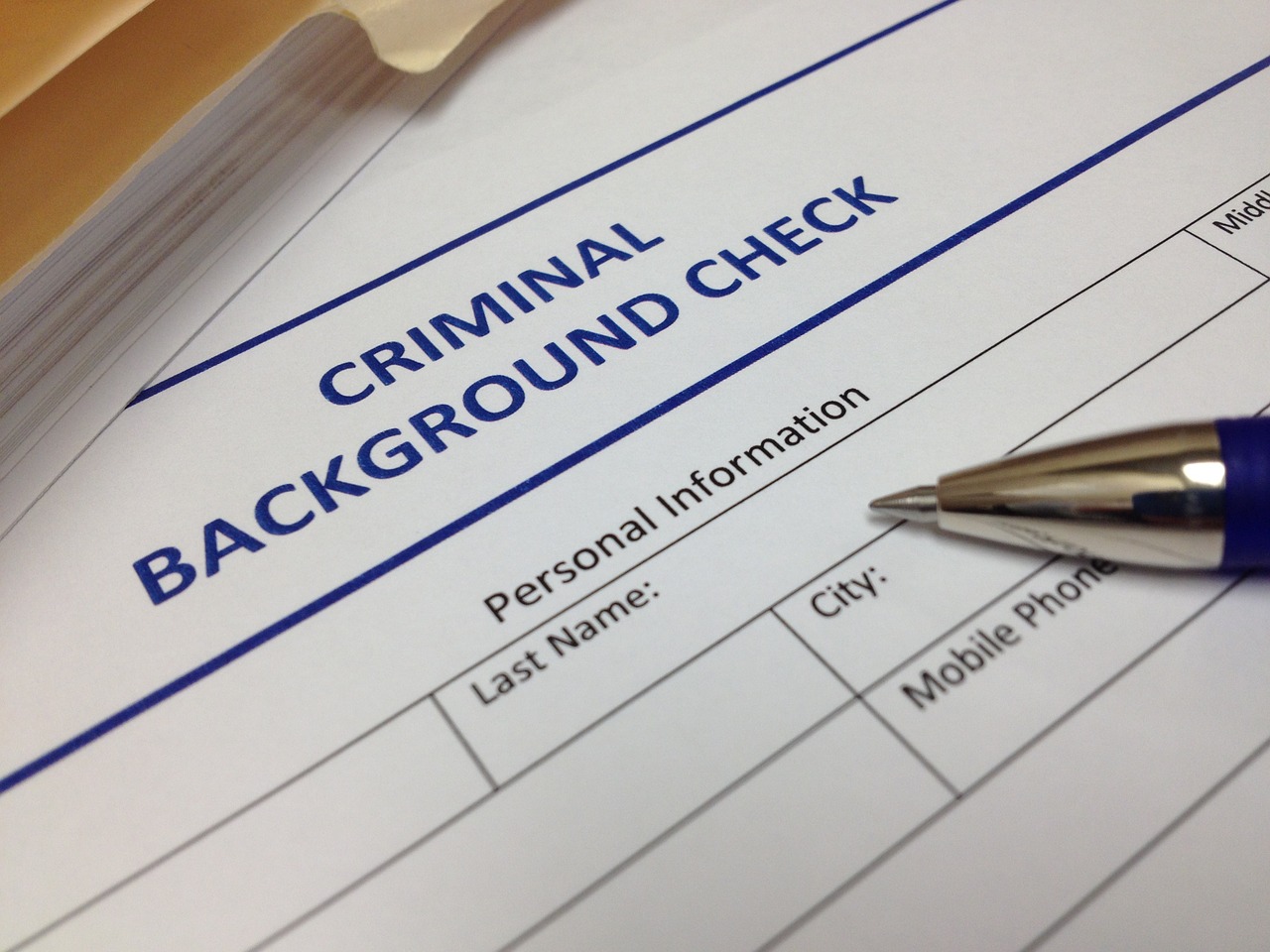
Image Source: Global Investigations
When applying for a place on the FBI training course, you will have to undergo extensive background checks. These checks are to ensure that you have not lied on your application about certain credentials e.g. your education, citizenship and work experience. They are also in place to ensure you have no existing or pending felonies and/or criminal convictions and prosecutions. If you do, you will not be allowed into the recruitment pool!Advertisement
